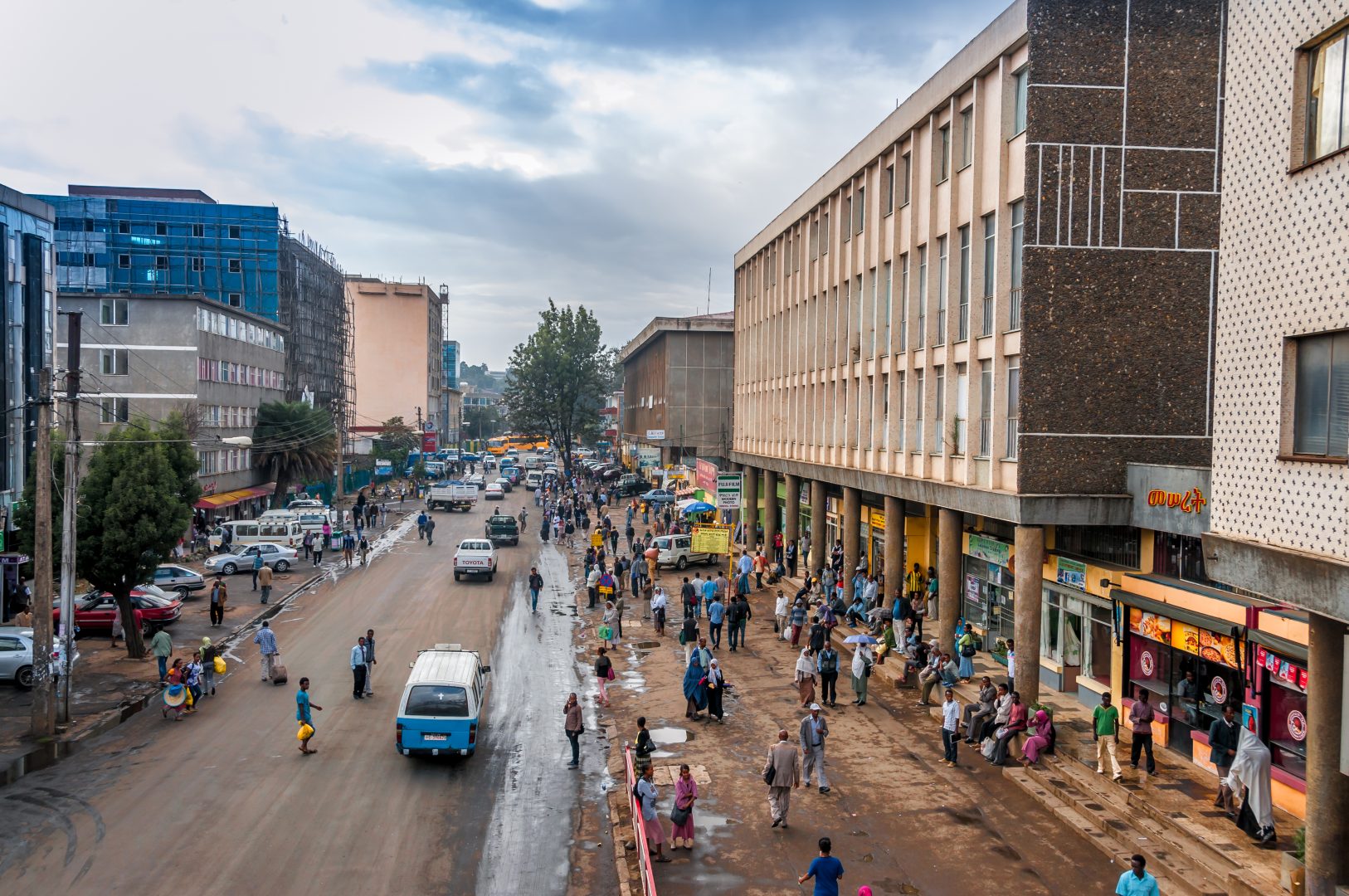Why investing in women matters now more than ever
Many of the inequalities commonly faced by women and girls are magnified in times of crisis and recent history has taught us that global health crises often disproportionately affect women, particularly in low-income countries where we invest. Research shows, for example, that during the Ebola outbreak, women were more vulnerable to the disease through increased exposure, and in the aftermath of the crisis women found it harder to regain employment or earn an income. Globally, women are more vulnerable to losing their jobs during the crisis because they work in sectors more likely to be negatively affected by coronavirus disruptions: latest analysis by Citigroup has found that $1 trillion could be lost from global growth as female workers fall out of the workforce during the pandemic. These inequalities could lead to the gender gap widening, losing decades of progress and making it harder to achieve Sustainable Development Goal 5, Gender Equality.
That’s why at CDC we’re calling for a gender-sensitive approach in both immediate responses and longer-term recovery solutions to the COVID-19 pandemic. This is crucial to mitigate the pandemic’s disproportionately negative impact on women, and to increase resilience to future shocks by contributing to a more equal and stable private sector.
$1 trillion
could be lost from global growth as female workers fall out of the workforce during the pandemic
Immediate vulnerabilities
Several aspects of the pandemic bring immediate risks to women. For example, health professionals and health facility staff are the most exposed and most at risk of contracting the virus. According to the World Health Organization (WHO), women represent 70 per cent of health and social workers worldwide, and are therefore at higher risk of virus exposure. There are also concerning reports of increased levels of violence against women amid COVID-19 lockdowns and of vital sexual and reproductive health services becoming severely compromised.
Beyond immediate health risks, women are also vulnerable to several economic risks. Women often take on the additional responsibility of both childcare and elderly care. Due to the pandemic, many schools are closed and older relatives may be in need of additional support if they are unwell or unable to access essential services. This puts additional demand on women, making it harder to manage existing workloads and therefore putting them at greater risk of income loss. In addition, women are over-represented in low-skilled, low-paid and informal jobs in sectors such as manufacturing, agriculture and consumer services, therefore facing higher risk of job and income insecurity. Many of these sectors are ones in which women entrepreneurs across our markets are invested in, thereby also putting their businesses at risk.
70%
of health and social workers worldwide are women.
At CDC, our first priority in our response to COVID-19 has been to support our current investee businesses who have been affected by the crisis, so that they can support their employees and protect jobs. Some of the issues we’re assisting with include the provision of adequately fitted and designed PPE for frontline female staff; how to support women working from home who have limited access to technology; and how to put in place gender-sensitive job protection plans. Our recently published guidance notes on job protection, customer protection and remote working support businesses as well as investors and financial institutions to consider how the pandemic may particularly affect women.
We know that across the entire industry, investors and businesses are facing common challenges. The collective response of the investment industry will have a monumental impact on economies and livelihoods, and we have an opportunity to ensure that women are central to this response. To amplify this message, alongside our 2X Challenge and Gender Finance Collaborative peers we’re calling for a gender-sensitive response to the crisis by all investors, including fellow development finance institutions (DFIs).
Building back better
Existing challenges faced by women entrepreneurs in accessing capital will be exacerbated during the pandemic. Investors can play a pivotal role in working with financial intermediaries to support women entrepreneurs and clients to access finance, and grow the female economy in the long-term. Discussions are also emerging on the role of private sector investment in the care economy. Strengthening the care economy will help to balance the distribution of caring responsibilities and reduce gender gaps in the labour market.
By building a gender lens in to long-term recovery solutions, investors can address underlying structural issues across the workforce which have led women to continue to be disproportionately vulnerable to pandemics. Having women in leadership is key to addressing these issues; whereby women at the top can champion a strong pipeline of female talent across the entire workforce and lead to stronger, better performing companies. Higher representation of women in senior positions will take time to build – which is why it’s vital we continue our work now.
The unparalleled impact of COVID-19 across the globe has reiterated the importance of ensuring economies are resilient to future shocks. By ensuring that women at all levels are empowered as we rebuild livelihoods and economies, we will both continue to close the gender gap and unlock potential in the countries where we invest.
Find out more about our response to the pandemic at cdcgroup.com/covid-19











